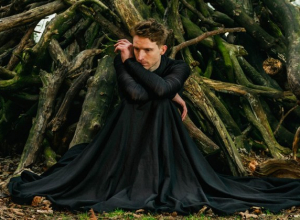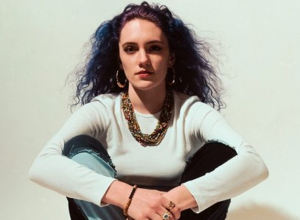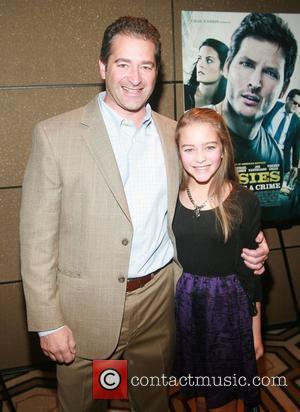Whom To Cover -- Isaac Or Mitt?
By Lew Irwin on 28 August 2012
Television news producers were wrestling with the question of how to apportion coverage of the Republican National Convention on the one hand and Tropical Storm Isaac on the other. Over the weekend, they began sending some reporters and crew members to New Orleans, which is expected to take the brunt of the storm, which is likely to become a Category One hurricane by the time it makes landfall. Several TV executives sparked annoyance among Republican delegates when they spoke of "split screen" coverage of the two events, raising the specter of convention festivities appearing on one side of the screen while devastation appeared on the other. But the execs later explained that the split screens would only show their anchors in Tampa discussing the storm situation with their reporters in New Orleans. But David Verdi, an NBC News vice president, told The New York Times, "Right now we're caught between a rock and a hard place ... with two major stories simultaneously." But some commentators wondered why the major networks were devoting as much time as they are to what has become little more than an infomercial for each of the two major parties. "Ironically, it was television coverage from the broadcast networks that played a key role in turning the conventions into snooze fests," wrote Joe Flint in the Los Angeles Times. "Battles on the convention floor, real debates over platforms and the choice of a running mate were fine when there were only print and radio reporters around. Video changed everything. Both parties soon recognized it wasn't in their interest to let anyone see how the sausage got made."
28/08/2012
Contactmusic
Suggested

Leisure Festival - Dreamland in Margate
On the same day that Glastonbury welcomed back Margate's adopted sons, The Libertines, Margate itself put on it's very own Leisure Festival as it...

Pretty Fierce talk to us about collaborating with Doja Cat, emetophobia, arena tours and staying "true to yourself" [EXCLUSIVE]
Sheffield's very own all girl group Pretty Fierce are still on a high after the recent release of their debut single - 'Ready For Me'.

Will Varley & Jack Valero - The Astor Theatre Deal Live Review
Three nights before the end of his current tour Will Varley returned to his home town of Deal to delight a sold out crowd in The Astor Theatre.

WYSE talks to us about her "form of synaesthesia", collaborating with Radiohead's Thom York and the prospect of touring with a band [EXCLUSIVE]
With only a few days to go before Portsmouth based songstress and producer WYSE releases her new single, 'Belladonna', we caught up with her to find...
Advertisement

Bay Bryan talks to us about being a "wee queer ginger", singing with Laura Marling and being inspired by Matilda [EXCLUSIVE]
Colorado raised, Glasgow educated and Manchester based Bay Bryan is nothing if not a multi-talented, multi-faceted artist performing as both...

Keelan X talks to us about staying true to "your creative vision", collaborating with Giorgio Moroder and being "a yoga nut" [EXCLUSIVE]
Former Marigolds band member Keelan Cunningham has rediscovered his love of music with his new solo project Keelan X.
![Luke De-Sciscio talks to us about having the courage to be yourself, forgiving that which is outside of one's control and following whims [EXCLUSIVE] Luke De-Sciscio talks to us about having the courage to be yourself, forgiving that which is outside of one's control and following whims [EXCLUSIVE]](https://images.contactmusic.com/images/home/homepage/luke-de-sciscio-abof-a.jpg)
Luke De-Sciscio talks to us about having the courage to be yourself, forgiving that which is outside of one's control and following whims [EXCLUSIVE]
Wiltshire singer-songwriter Luke De Sciscio, formally known as Folk Boy, is set to release is latest album - 'The Banquet' via AntiFragile Music on...

Annie Elise talks to us about the challenges a female producer has to face and "going through a year of grief and sickness" [EXCLUSIVE]
Electronic music pioneer and producer Annie Elise says that the release of her first EP - 'Breathe In, Breathe Out' feels "both vulnerable and...
Advertisement

